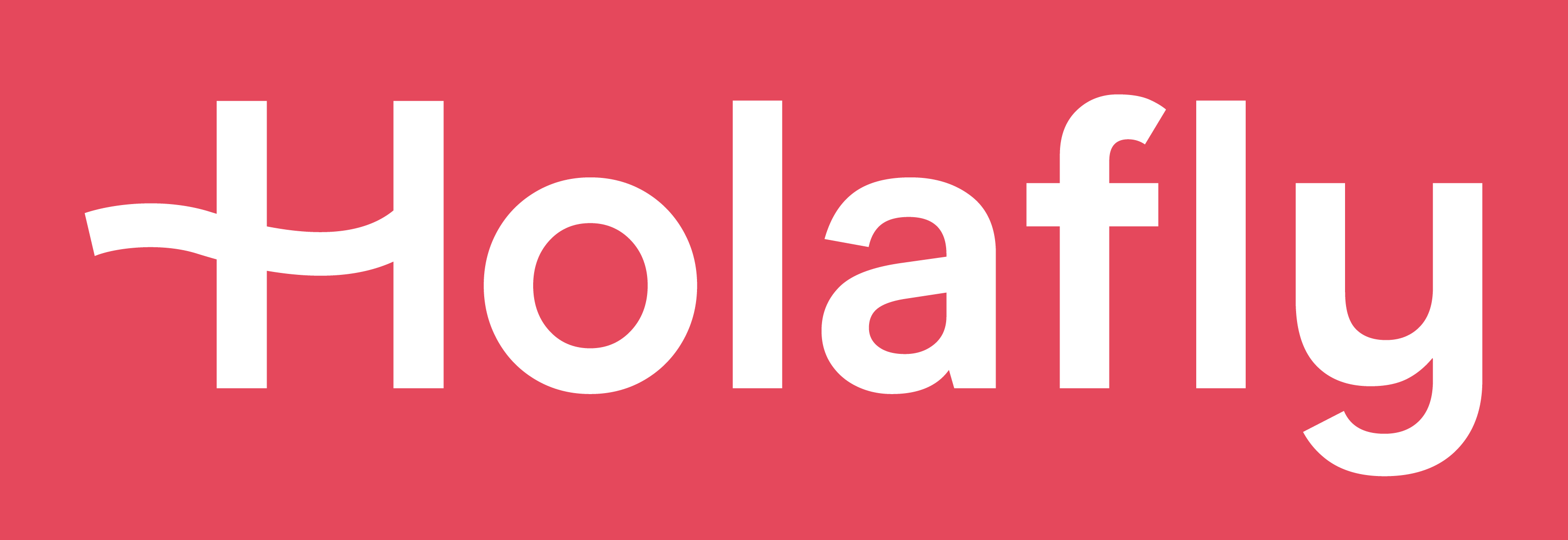The European Commission’s (EC) impending decision on Spotify’s complaint against Apple has ignited a public dispute between the two major companies, with Apple pushing back against allegations made by the music streaming giant.
Spotify has long alleged that Apple engages in anti-competitive practices within the EU market on iOS. The EC is expected to impose a €500 million fine on Apple for breaching competition laws, according to reports. However, Apple in a statement this week fiercely refutes these claims, asserting that Spotify’s success speaks volumes, with subscriber growth exceeding 27% over eight years. Additionally, they emphasize that users can subscribe outside the app and leverage the “Reader App” exception.
We’re happy to support the success of all developers — including Spotify, which is the largest music streaming app in the world. Spotify pays Apple nothing for the services that have helped them build, update, and share their app with Apple users in 160 countries spanning the globe. Fundamentally, their complaint is about trying to get limitless access to all of Apple’s tools without paying anything for the value Apple provides.

Discover new horizons, always connected with eSIM
Travel the world stress and hassle-free with the best eSIM service available. Enjoy unlimited data, 5G speeds, and global coverage for affordable prices with Holafly. And, enjoy an exclusive 5% discount.
5% OffExplore Now
Apple
Conversely, Spotify contends that Apple’s pre-installed Music app and inclusion in bundles like Apple One grant them an unfair advantage. They argue that the 30% commission on in-app purchases creates a financial disadvantage compared to offering subscriptions outside the App Store.
This conflict underscores the broader debate regarding app distribution platforms and the power dynamics between tech giants and developers. Apple defends its App Store model, citing its role in securing user protection and streamlining the subscription process.
However, Spotify and other critics argue that these practices hinder competition and limit consumer choice. The EC’s decision, anticipated early next month, has the potential to set a precedent for future App Store regulations.
Notably, the upcoming iOS 17.4 update is set to introduce changes related to sideloading. This allows users in the EU to install apps from sources outside the App Store under specific regulations. iOS 17.4 is expected to be released before March 6, so Apple can comply with the Digital Market Act (DMA) demands before the deadline.



